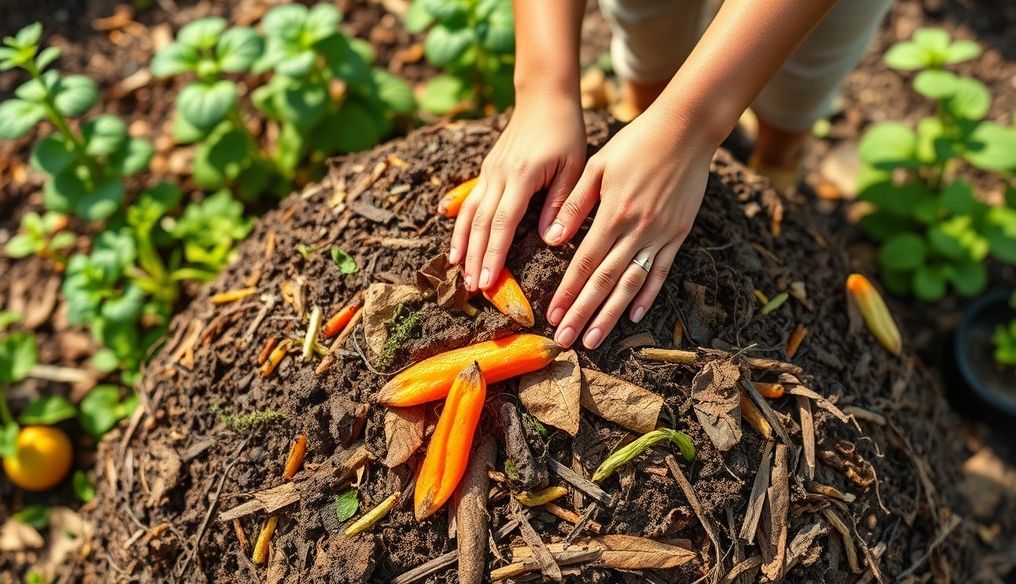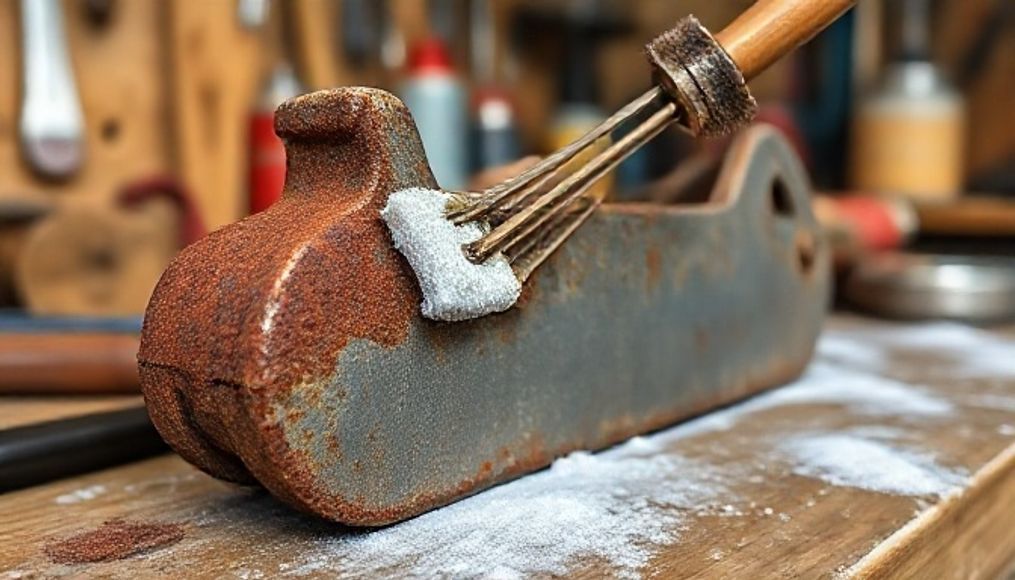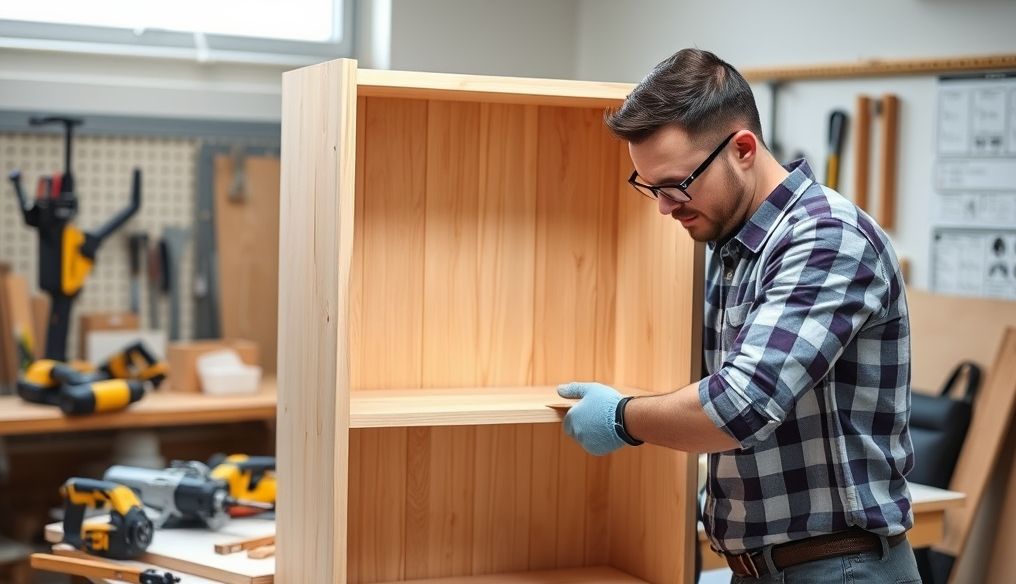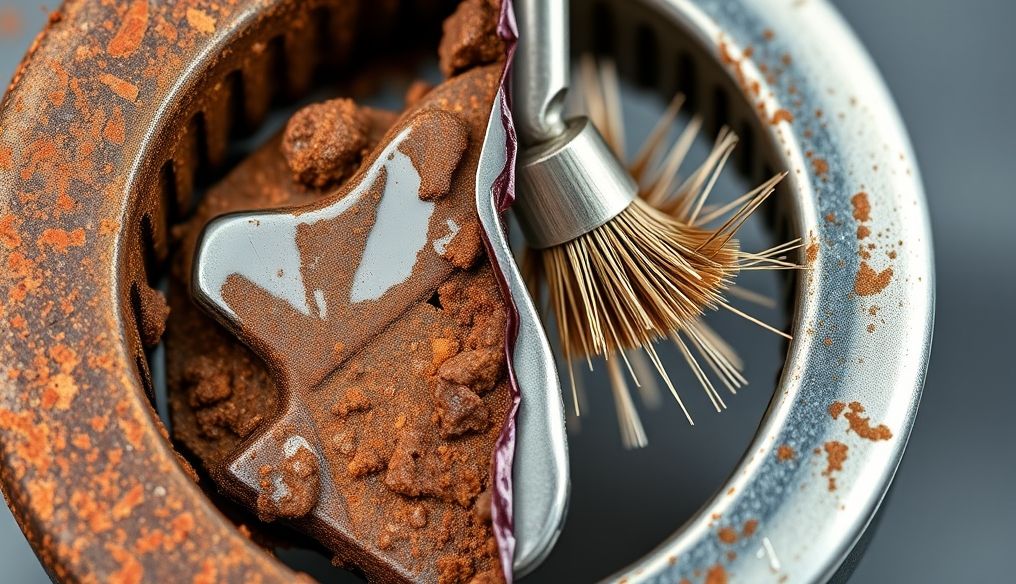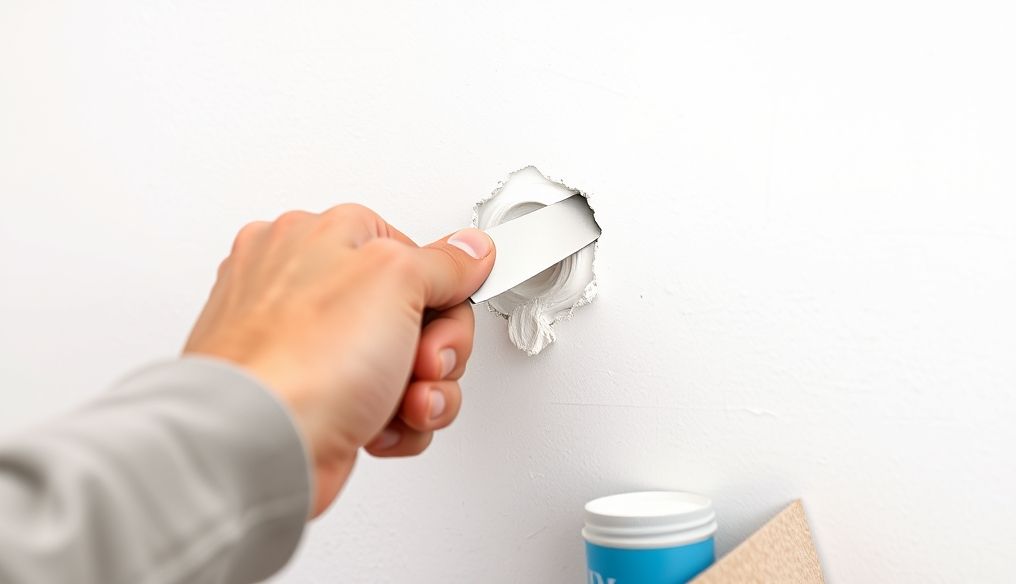Introduction: Homemade Compost - A Hidden Treasure in the Trash Can
Have you ever considered that the banana peels, coffee grounds, and vegetable scraps you throw away daily could be a real treasure for your garden? Homemade compost is simply the transformation of these organic wastes into a nutrient-rich material that acts as the perfect food for plants and improves soil quality. In addition to its agricultural benefits, making compost helps reduce household waste and protect the environment.
Chapter 1: What is Compost and Why is it Important?
What is Compost?
Compost is decomposed organic matter, rich in essential nutrients for plants, such as nitrogen, phosphorus, and potassium. Compost consists of the decomposition of various organic materials, such as food scraps, fallen leaves, grass clippings, animal manure, and others. This decomposition process is carried out by microorganisms, such as bacteria and fungi, which break down complex organic materials into simple materials that plants can easily absorb.
Importance of Compost for the Garden and the Environment
- Improving Soil Quality: Compost increases the soil's ability to retain water and nutrients and improves its structure, making it easier for plant roots to grow.
- Feeding Plants: Compost provides the essential nutrients that plants need for healthy growth and reduces the need for chemical fertilizers.
- Reducing Waste: Making compost helps reduce the amount of waste sent to landfills, reducing environmental pollution.
- Protecting the Environment: Using compost helps reduce dependence on chemical fertilizers, which can pollute groundwater and harm the environment.
- Saving Money: Making compost reduces the need to buy fertilizers and soil improvers, saving money.
Chapter 2: Suitable and Unsuitable Materials for Making Compost
Suitable Materials for Compost ("Greens" and "Browns")
To achieve an ideal balance in compost, you must mix "green" materials rich in nitrogen with "brown" materials rich in carbon. Here are some examples:
- "Green" Materials (Rich in Nitrogen): Food scraps (vegetable and fruit peels, coffee grounds, tea bags), green grass clippings, green leaves, manure from herbivorous animals (such as cows, sheep, and chickens).
- "Brown" Materials (Rich in Carbon): Dry fallen leaves, small branches, wood shavings, straw, shredded cardboard, paper towels, newspapers (except colored ones).
Unsuitable or Avoidable Materials
Some materials can harm the decomposition process, attract pests, or spread diseases. Avoid putting these materials in the compost pile:
- Meat, Fish, and Poultry: Attract stray animals and emit unpleasant odors.
- Dairy Products, Oils, and Fats: Slow down the decomposition process and attract pests.
- Cooked Foods Containing Oils or Sauces: Same reasons for avoiding oils and fats.
- Manure from Carnivorous Animals (Such as Dogs and Cats): May contain pathogens that can be transmitted to humans.
- Diseased Plants or Plants Infested with Pests: Can spread diseases and pests in the garden.
- Weeds Carrying Seeds: Can grow in the compost and spread in the garden when used.
- Ash from Burning Coal: Can be too acidic and harm the decomposition process.
- Non-Biodegradable Materials: Such as plastic, glass, and metals.
Chapter 3: Methods of Making Homemade Compost
Open Pile Method
This method is simple and easy and is suitable for large spaces. Collect organic materials in a pile in a shaded and humid place in the garden. Make sure to mix the "green" and "brown" materials well. Turn the pile regularly to aerate it and speed up the decomposition process. Keep the pile moist by spraying it with water when needed.
Box or Container Method
This method is more organized and cleaner and is suitable for small spaces. Use a box or container with ventilation holes to collect organic materials. Follow the same steps mentioned in the open pile method.
Worm Composting (Vermicomposting)
This method uses earthworms to speed up the decomposition process. Place a layer of wood shavings or shredded cardboard in a special worm bin, then add the worms (usually red worms). Feed the worms food scraps regularly. The worms will break down the organic materials and produce high-quality compost called "worm castings."
Chapter 4: Practical Steps to Making Successful Compost
- Choose a Suitable Location: The location should be shaded, humid, and easily accessible.
- Collect Organic Materials: Collect "green" and "brown" materials in approximately equal amounts.
- Mix the Materials Well: Mix the "green" and "brown" materials well to ensure a balance of nitrogen and carbon.
- Keep the Pile Moist: The pile should be moist like a wrung-out sponge. Spray it with water when needed.
- Turn the Pile Regularly: Turn the pile every week or two to aerate it and speed up the decomposition process.
- Be Patient: Making compost can take several months.
Chapter 5: Common Problems and Solutions in Making Compost
Unpleasant Odor
Cause: Lack of ventilation or too much "green" material.
Solution: Turn the pile more frequently and add more "brown" material.
Slow Decomposition Process
Cause: Lack of moisture, lack of nitrogen, or cold weather.
Solution: Spray the pile with water, add more "green" material, or cover the pile to keep it warm.
Presence of Pests
Cause: Presence of meat or dairy products in the pile.
Solution: Avoid putting meat and dairy products in the pile. Cover the pile with a thick layer of soil or fallen leaves.
Chapter 6: Using Compost in the Garden
After the compost is ready (it becomes dark in color and smells like soil), you can use it in the garden in several ways:
- Soil Amendment: Mix compost with the soil before planting to improve its quality and provide nutrients to the plants.
- Surface Fertilization: Place a layer of compost around the plants to feed them.
- Making Compost Tea: Soak compost in water to produce a nutrient-rich liquid that can be used to water plants.
Chapter 7: Additional Tips for Making Perfect Compost
- Cut Organic Materials into Small Pieces: This speeds up the decomposition process.
- Use a Thermometer to Check the Temperature of the Pile: The temperature should be between 50 and 65 degrees Celsius to kill pathogens and speed up the decomposition process.
- Don't Be Afraid to Experiment: Try different types of organic materials to see what works best for your garden.
Chapter 8: The Benefits of Compost Extend Beyond the Garden
Making compost is not only beneficial for your garden but also contributes to environmental sustainability and reduces your carbon footprint. By recycling food scraps, you reduce the amount of waste that goes to landfills, which reduces methane emissions, a potent greenhouse gas. In addition, using compost reduces the need for chemical fertilizers, which require a lot of energy to produce and transport.
In short, making homemade compost is a simple and rewarding process that has tremendous benefits for the garden and the environment. Start today and turn your food scraps into black gold for your garden!
